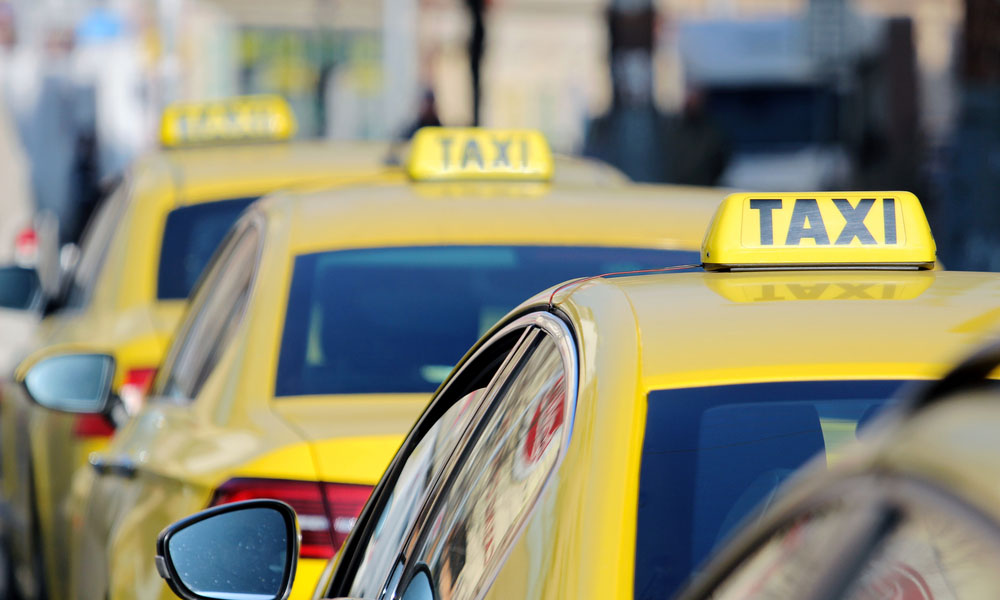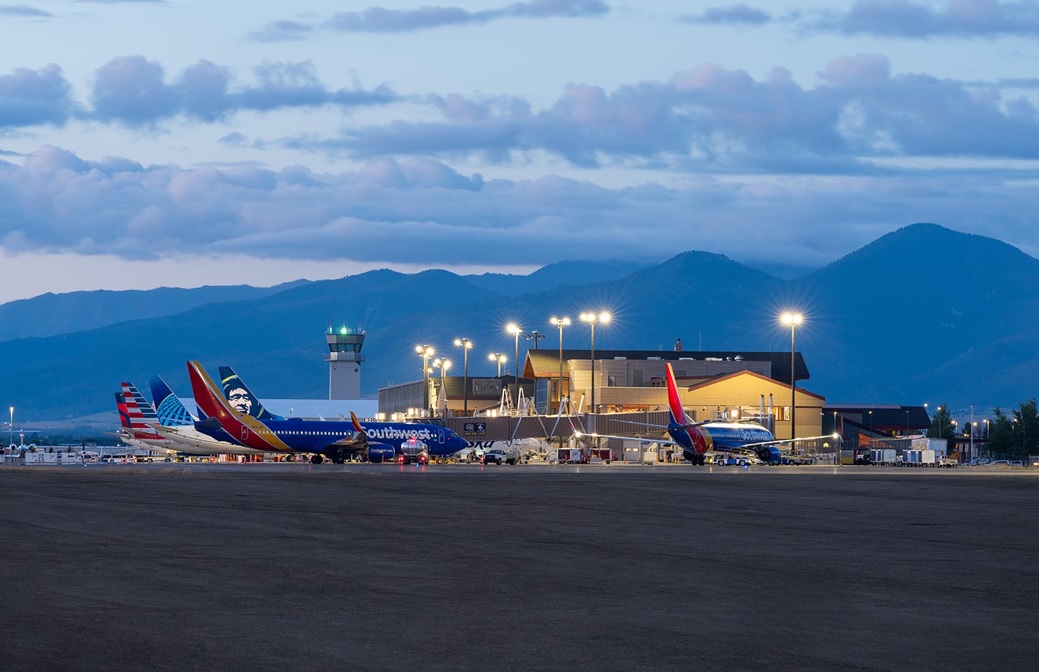When it comes to airport transfers, travellers are often spoiled for choice. From rideshare apps to public transport options and traditional taxis, the variety of services can be overwhelming. Each comes with its pros and cons, but when it comes down to reliability, convenience, and affordability, airport taxis still hold a unique advantage, especially for those navigating the hustle and bustle of British airports. In this article, we’ll explore why taxis remain a top choice for airport transfers and how they continue to outshine the competition.
Reliability: The Backbone of Stress-Free Travel
Travel can be stressful, especially when tight flight schedules are involved. One delayed connection or unexpected mishap can derail an entire trip. Taxis, however, provide a dependable service that travellers have trusted for decades. Unlike rideshare services, which often face driver availability issues during peak travel hours or adverse weather conditions, taxis operate on a consistent basis. British airports like Heathrow, Gatwick, and Manchester are equipped with well-regulated taxi ranks, ensuring a steady supply of vehicles. This eliminates the need to frantically refresh a rideshare app or wait endlessly for a bus or train that might already be overcrowded.
Moreover, taxis are equipped to handle unforeseen circumstances. Experienced taxi drivers are familiar with local traffic patterns and alternate routes, making them well-prepared to navigate congestion or road closures. In contrast, rideshare drivers often rely solely on GPS systems, which may not account for real-time traffic diversions. Public transport, on the other hand, operates on fixed schedules and routes, leaving travellers with little flexibility in case of delays.
Convenience: Door-to-Door Service Like No Other
One of the greatest advantages taxis offer is unparalleled convenience. When you step off a plane, the last thing you want is to drag your luggage across terminals, platforms, or streets to locate your ride. With a taxi, your journey begins the moment you exit the arrivals hall. British airports are designed with taxi ranks in close proximity to terminals, reducing the hassle of navigating large, unfamiliar spaces. Additionally, taxis offer true door-to-door service, eliminating the need for multiple transfers that are often required with public transport.
Rideshare apps like Uber or Bolt may promise similar convenience, but they come with their own set of challenges. At many airports, rideshare pickups are relegated to specific zones that may require a considerable walk or shuttle ride, which can be particularly inconvenient after a long flight. Furthermore, rideshare drivers often face issues accessing restricted airport areas, leading to delays or cancellations. Public transport, while a budget-friendly option, rarely delivers you to your exact destination. Instead, you may find yourself lugging bags through crowded train stations or bus stops, adding unnecessary strain to your journey.
For families or those travelling with bulky equipment like skis or bicycles, the spaciousness of traditional taxis is another major plus. Many taxis in the UK offer vehicles with extra luggage capacity, ensuring that you can travel comfortably without compromising on what you pack.
Affordability: Value for Money Without Hidden Surprises
While some argue that rideshares are more economical than taxis, the reality is often different when considering the full picture. Taxi fares in the UK are regulated, offering a level of transparency and consistency that rideshares can’t always guarantee. There are no surge pricing surprises during peak hours or inclement weather, which are common pitfalls of app-based services. With taxis, you know what you’re paying for, and you’re less likely to encounter hidden fees for airport pickups or additional luggage.
Public transport may appear to be the cheapest option, but it often comes with trade-offs in terms of time and comfort. A train ticket from Heathrow to central London, for example, can cost upwards of £25 for a single journey during peak times. Factor in the need for onward connections, and the savings start to diminish. Additionally, public transport fares don’t account for the physical and emotional toll of navigating busy platforms and adhering to rigid schedules.
For group travel, taxis become even more cost-effective. Splitting the fare among several passengers can make taxis a comparable or even cheaper option than individual train or bus tickets. This is especially true for late-night or early-morning transfers when public transport options are limited and rideshare prices skyrocket due to reduced driver availability.
Safety and Peace of Mind
Safety is another area where taxis excel. Unlike rideshare drivers, who may vary widely in experience and professionalism, taxi drivers in the UK undergo rigorous background checks and training. Licensing requirements ensure that drivers are knowledgeable about local laws and adhere to high safety standards. Taxis are also subject to regular vehicle inspections, providing an added layer of security that many travellers value, particularly when travelling alone or with children.
Public transport, while generally safe, does not offer the same level of personal security. Crowded trains or buses can be breeding grounds for pickpockets, and late-night journeys may feel less secure. In contrast, the personal nature of a taxi ride allows passengers to relax in a private, controlled environment, confident that their driver is trained and their belongings are safe.
Accessibility: A Tailored Option for All Travellers
Not all travellers have the same needs, and taxis are uniquely positioned to cater to a diverse range of passengers. For those with mobility challenges, taxis often provide accessible vehicles equipped with ramps or lifts. Drivers are trained to assist passengers with boarding and securing wheelchairs, ensuring a comfortable and stress-free experience. Rideshare services, by comparison, may not offer accessible options at all locations, and public transport accessibility varies significantly between cities and regions.
Parents travelling with young children also benefit from the flexibility of taxis. Many taxi companies allow passengers to request child seats in advance, a feature that is not always available with rideshares or public transport. Additionally, the controlled environment of a taxi makes it easier to manage restless kids compared to the chaos of crowded buses or trains.
Supporting Local Economies and Sustainability
Choosing taxis over rideshares or public transport can also have a positive impact on local economies. Taxi drivers are often independent operators who rely on their earnings to support their families and communities. By opting for a taxi, travellers contribute directly to the livelihood of local residents rather than funnelling money into multinational rideshare corporations.
In terms of sustainability, many UK taxi companies are making strides towards greener operations. From hybrid vehicles to fully electric fleets, taxis are evolving to meet the growing demand for eco-friendly travel. Public transport remains the most sustainable option overall, but for those seeking a balance between environmental responsibility and personal convenience, eco-friendly taxi Yorkare an excellent compromise.
Conclusion: Why Taxis Are Still the Traveller’s Best Friend
In a world where rideshare apps and public transport are increasingly prevalent, traditional taxis continue to hold their ground as a reliable, convenient, and affordable choice for airport transfers. Their ability to offer door-to-door service, transparent pricing, and tailored options for diverse traveller needs makes them an enduring favourite among British travellers. Whether you’re navigating a tight schedule, seeking a stress-free ride, or simply valuing safety and reliability, taxis remain a steadfast companion for your journey. The next time you’re planning an airport transfer, consider the benefits of hailing a taxi—you might just find that the old-school option is still the best choice for modern travel.




